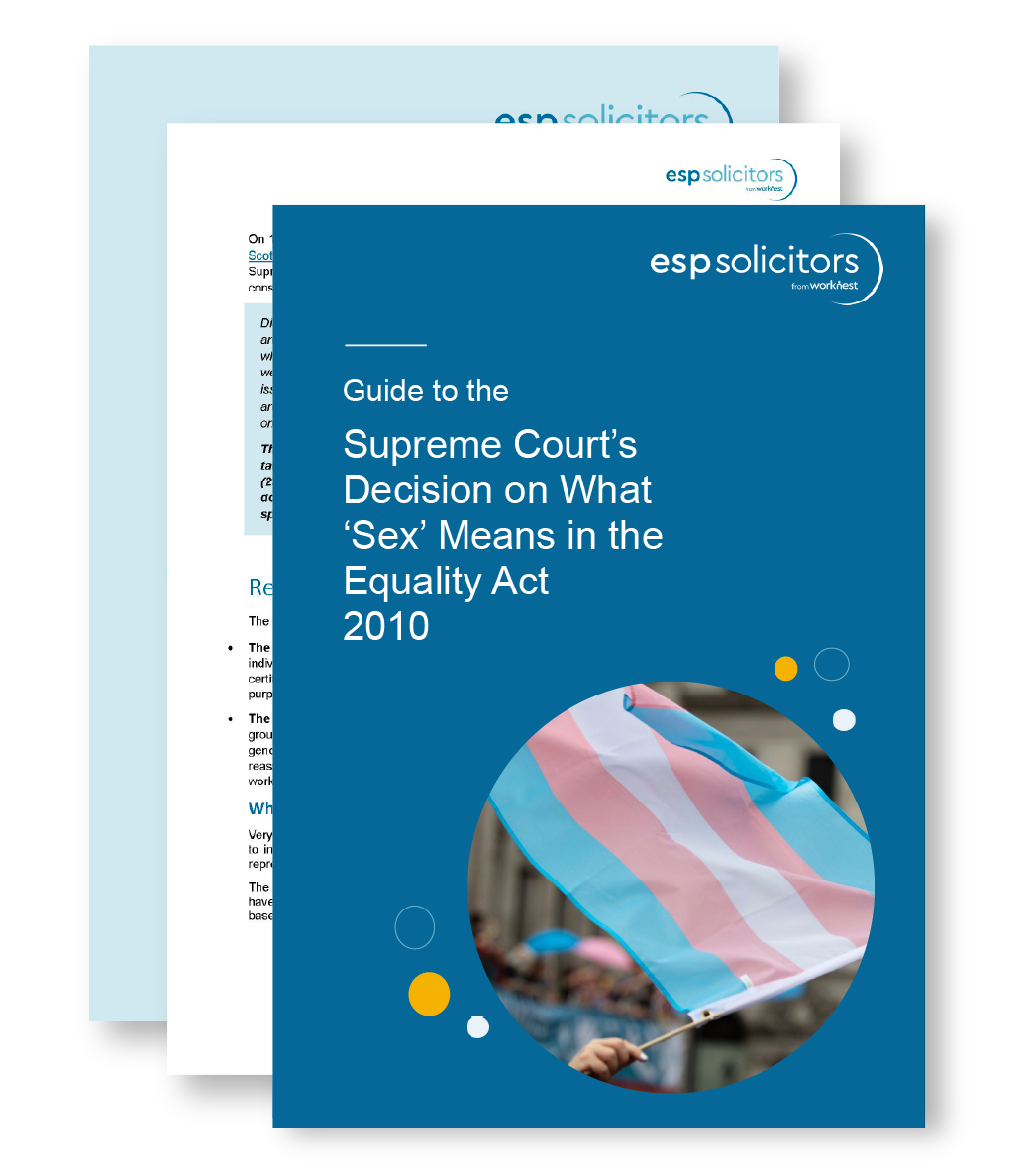In the realm of HR, creating inclusivity isn’t just about meeting legal requirements, it’s about embracing the richness of human differences. Organisations and HR can go about supporting neurodiversity in the workplace by implementing thoughtful strategies and initiatives.
In this expert guide, we’ll dive deeper into understanding how HR professionals can play a pivotal role in creating an environment where neurodivergent employees can thrive.
How to support neurodiversity in the workplace
Understanding neurodiversity is essential for HR professionals to ensure that neurodivergent individuals receive the support they need to thrive in the workplace. Moreover, HR professionals should be aware of the legal considerations associated with a person’s neurodivergence, which may be considered a disability under the The Equality Act 2010.
It defines disability as a, “physical or mental impairment which has a substantial and long-term adverse effect on a person’s ability to carry out normal day-to-day activities”.
Given some neurodivergent conditions are lifelong, some of your staff may meet the legal definition of disability. That provides them with important rights to reasonable adjustments, neurodiversity support in the workplace, and protections against:
- Discrimination
- Harassment
- Victimisation
With an estimated one in seven people estimated to be neurodivergent, most organisations will have employees with a neurodiverse condition. As these professionals think differently to neurotypical colleagues, they can be a vital asset to a business.
Neurodivergent individuals often possess unique perspectives, problem-solving skills, and creativity, contributing to innovation and driving business success. Embracing neurodiversity can lead to improved team dynamics, enhanced productivity, and a competitive edge in the market, which can reflect the customers and communities your business operates in.
Tips for supporting neurodiversity in the workplace
From implementing reasonable adjustments to promoting awareness and providing tailored support, HR professionals should consider a number of strategies which can create an environment where all employees can thrive, regardless of their neurological differences.
1. Creating a welcoming workplace
Support for neurodiversity in the workplace begins with the working environment. When it comes to supporting neurodivergent individuals, considering the physical workspace is an important factor. Some employees may be sensitive to noise and light, so providing quieter, dimmer areas can be beneficial.
Conducting desk assessments can help to identify if computer screens are set at the appropriate brightness and whether employees have the right equipment.
Providing some opportunities to work flexibly which works for both the individual and the business can be particularly valuable in the case of neurodivergent people.
2. Making clear communication
Clear and unambiguous communication is vital since some neurodiverse people may not pick up on nuances in the same way a neurotypical person might do. Varying the format of your communications can also help people who digest information differently.
3. Training your workforce
Offering training sessions to all employees on neurodiversity can help dispel misconceptions and promote the use of positive language and attitudes towards neurodiversity in the workplace. Encouraging an open, inclusive culture and training managers to assign tasks appropriately (playing to strengths and meeting needs) are also essential.
4. Using a fair recruitment process
A one-size fits all approach to recruitment could lead employers to miss out on the opportunity to recruit talented individuals. For instance, a candidate may not perform brilliantly across areas like communication, being persuasive or in situations requiring a high degree of emotional intelligence, but they may shine in other areas. A more flexible approach, such as spending time in the workplace rather than a more formal interview, can provide a better understanding of a candidate’s capabilities.
5. Policies supporting neurodiversity in the workplace
It can help to draw up a framework for managers and employees to follow, setting out steps to help prevent discrimination, harassment, and victimisation. This could also be a good place to signpost useful resources or support networks.
To learn more, you can also refer to our guide on managing neuroinclusion at work to help your employees succeed.




